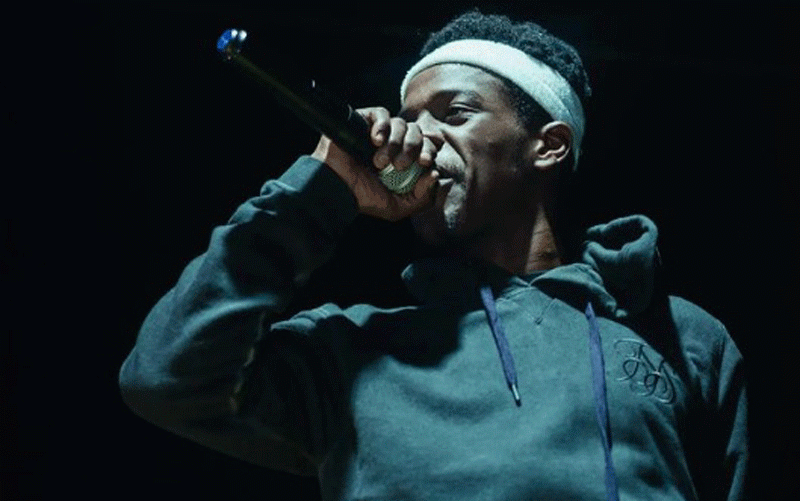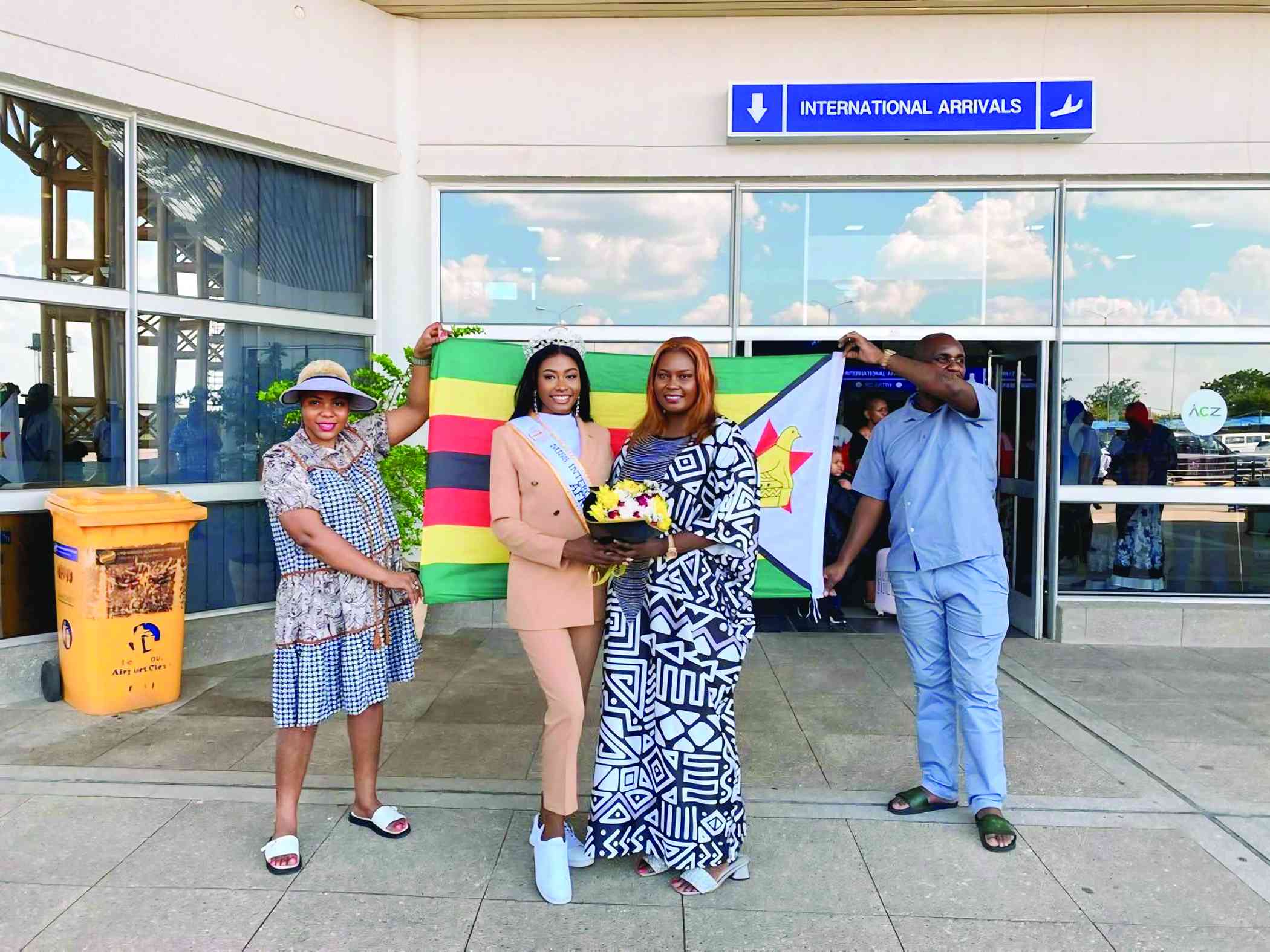
ZIMBABWE Musicians Union (Zimu) deputy president Chioniso Rutsito has challenged players in the music industry to lead by example in enabling a gender-balanced and responsive environment.
Rutsito, who was representing the association’s president Edith Weutonga Katiji, made the remarks at Chitungwiza Arts Centre on Wednesday during a workshop themed Musician as A Worker.
The workshop was part of the union’s series of events that have so far taken them to Bulawayo, Midlands, Manicaland, Masvingo, Mashonaland Central and Matabeleland South provinces.
“It is important to fully register with the Zimbabwe Musicians Union that represents musicians on issues like enforcing rights and lobbying for policy reforms. The limited number of women present is homework for the union to see that we create more opportunities for female musicians,” she said.
Rutsito urged musicians to register with Zimu to benefit from all opportunities created by the union which she said emulates the Finland Union of Musicians which is highly protected and governed by the labour and employment laws of the Finnish government.
It came out during the discussions that musicians in Chitungwiza were faced with problems such as high cost of music instruments, a lack of standardised template of professional management and music promotion, a lack of an up to date database, lack of recognition of creative works as collateral security and a well-regularised taxation system.
Chitungwiza is the hometown of many local music celebrities. Among them are celebrated artistes Charles and Olivia Charamba, Machanic Manyeruke, Alick Macheso, Madzibaba Nicholas Zacharia the late System Tazvida and Cephas Mashakada.
Dancehall chanters like Guspy Warrior, Ricky Fire and Lady Squanda, hip-hop sensation Saintfloew and Bazooka are some of the talents, among many other untapped gifted artistes that emerged at the turn of the millennium from Chitungwiza.
- Zimu seeks to nurture gender-balanced arts industry
Keep Reading
Participants agreed that the problems faced by musicians in Chitungwiza emanated from a lack of effective incentivisation of equipment manufacturers by the government, absence of effective associations and guilds, including a comprehensive database and a client’s relations management system.
Visual artist and guitarist Wonder Gondo, disc jockey Batsirai Tazvitya, Ophilus Hove, Marerwa and budding artist Ishewudu Marerwa were elected as Zimu steering committee to build structures and databases of musicians in Chitungwiza.
National Arts Council of Zimbabwe Harare provincial arts manager William Ndinde urged musicians to register with Zimu so that issues of concern are collectively resolved.
Ndinde also challenged the artistes to polish their works and conduct themselves in a business manner by walking the talk.
“There is a need to engage organisations like Zimbabwe Revenue Authority and Empower Bank as a union so that they fully understand the nature of the music industry. There is also a desperate need to benchmark artworks as well as programming regular capacity building training workshops,” he said.
Theatre director Noel Tsungai Marerwa, who was part of the Zimu Chitungwiza stirring committee, acknowledged that the workshop came at the right time for musicians to fight for their rights, defend the creativity as well as coming up with proper communication lines of attack.
Former Zimbabwe Music Rights Association board member Phillip Chipfumbu urged musicians to unite and partake in developmental issues.










